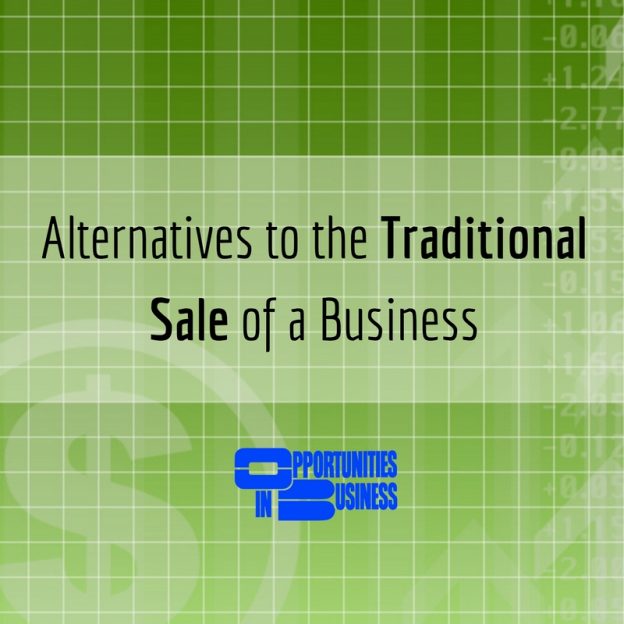Let’s talk about the “commodity trap”: Basing your competitive position purely on pricing considerations. It’s the first step in a race to the bottom. While it’s true that price is often the top concern expressed by customers, it’s crucial to dig a little deeper.
Bain and Company, a global management consulting firm, surveyed B2B consumers of IT infrastructure products. Their analysis, described in an article in the March/April 2018 issue of The Harvard Business Review, demonstrates that these B2B customers identified cost reduction as their stated priority, but their responses to a series of questions indicated otherwise.
Bain identified 40 factors which mattered to customers. “Product quality, expertise, and responsiveness emerged as the strongest predictors of customer loyalty,” the article states. “Cost reduction was not even among the top 10.”
The 40 factors Bain cited represent a complex assortment of qualities which range from the very rational and objective (such as price and performance) to much more subjective and emotional factors (such as aesthetics, reputation and social responsibility). Bain grouped them into five categories: Table stakes; functional; ease of doing business; individual; and inspirational. Next, they assembled these considerations into a five-level pyramid in which strictly objective value forms the base and elements increase in subjectivity as they ascend the pyramid, in the style of psychologist Abraham Maslow’s iconic Hierarchy of Needs.
Pyramid of Value Spanning Five Categories
The bottom layer, the foundation of any product, are simply “table stakes,” meaning the bare-bones basics. This foundation depends on “meeting specifications at an acceptable price in compliance with regulations while abiding by ethical standards.”
Level two includes functional elements, and businesses often focus much energy here. These factors relate to economic or product performance needs, such as cost reduction and scalability.
At level three, we start seeing subjective considerations. Along with objective goals like time savings, reduced effort, simplification, organization, we find subjective judgments from buyers, such as a good cultural fit and a seller’s commitment to the buyer.
Level four is increasingly subjective, including elements of taste (appealing design and aesthetics), big-picture concerns (increased marketability or network expansion) and personal considerations (reduced anxiety).
Level five crowns the pyramid with suitably lofty notions: Vision, social responsibility, and hope.
Buyers and Sellers Must Compete on All Levels
As business brokers, OIB considers this information to be of prime importance. It is (or should be) a game-changer to parties on both sides of a transaction.
If you’re selling a business, accept that savvy buyers recognize a business can’t thrive by simply dominating the bottom layer of the pyramid. You’ve got to work on identifying, quantifying and competing on the more subjective items in the pyramid. The good news is: This will make your business more attractive to buyers precisely because it’s a crucial strategy to build customer loyalty, so your efforts will be doubly rewarded.
If you’re shopping to buy a business, do your due diligence. When evaluating a prospective business, study whether the executive team recognizes the importance of appealing to customers on every level of the pyramid. If a business settles for competing strictly on table stakes, they’re missing the boat. True, these elements are simple to measure and fairly transparent. It’s easy and tempting to simply compete on these, and they should not be neglected. However, today’s battle for differentiation takes place higher up the pyramid.
Admittedly, it’s harder to evaluate a business based on those increasingly subjective and intangible factors, just as it’s harder to actively pursue them. The fact remains that they matter enormously to customers, so they should matter enormously to you.










